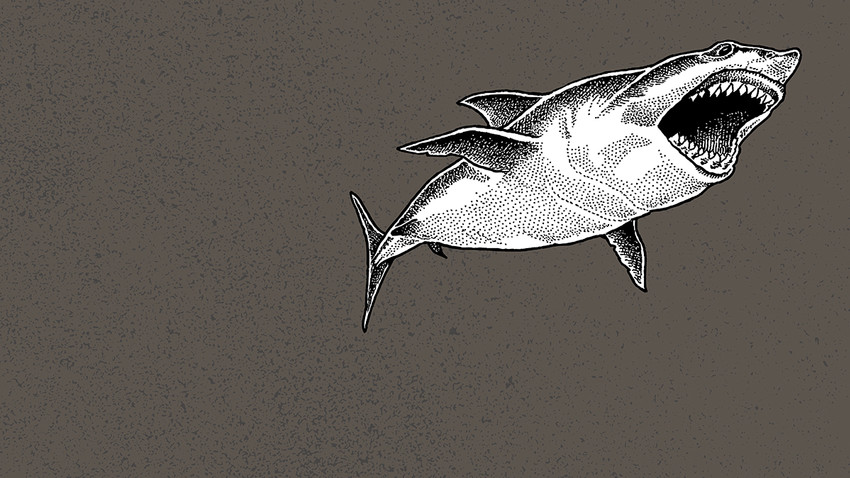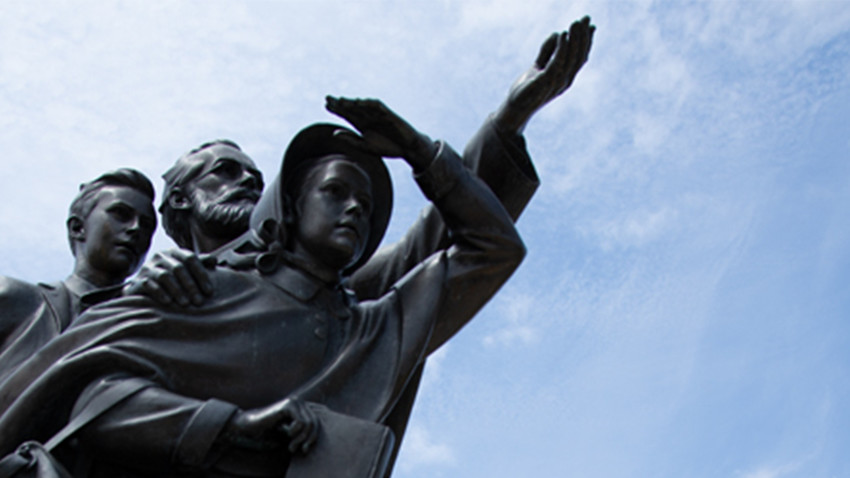Once upon a time, there was a man of prayer very agitated about events in Iran. Technically it wasn’t Iran—but it may as well have been—given the headlines we’re living with these days. Two recent oil tanker sabotages and the subsequent Iranian missile take-down of an unmanned U.S. military drone somewhere over the Strait of Hormuz in the Gulf region—along with the saber-rattling in Tehran and Washington—have once again stirred up talk of an all-out Middle East conflagration. And the fact that “nearly a third of all seaborne-traded oil and almost 20% of all crude produced globally” passes through that 21-mile wide water corridor only stokes war concerns (www.marketwatch.com/story/strait-of-hormuz-in-spotlight-after-oil-tanker...).
But then Iran—or should we say the land of the ancient Persian empire—has always been notorious for its military prowess and power. Which was precisely why the man of prayer in that long ago story undertook that twenty-one day modified fast. But what’s intriguing today is to analyze the global events while Daniel was praying.
“In the third year of Cyrus king of Persia [modern Iran], a revelation was given to Daniel. . . Its message was true and concerned a great war” (Daniel 10:1).
Some worries never change. And the idea of a “great war” exploding out of that volatile region has precipitated prayers throughout the millennia, including Daniel’s three-week prayer vigil.
At the end of the three weeks (scholars calculate that it was on a Sabbath day), while Daniel is in prayer he is granted a theophany of the pre-incarnate Christ—“a man dressed in linen . . . his face like lightning, his eyes like flaming torches . . . and his voice like the sound of a multitude” (vv 5-6). Daniel’s instant reaction—“I had no strength, my face turned deathly pale . . . and as I listened to him, I fell into a deep sleep, my face to the ground” (vv 8-9).
But when he feels a hand on his shoulder, Daniel awakens. And now it is the angel Gabriel who addresses him. “‘Do not be afraid, Daniel. Since the first day that you set your mind to gain understanding and to humble yourself before your God, your words were heard, and I have come in response to them.’” But notice what has delayed Gabriel. “‘But the prince of the Persian kingdom resisted me twenty-one days. Then Michael, one of the chief princes [Jacques Doukhan translation, “the chief prince” or “Prince of princes” (see 8:25)], came to help me, because I was detained there with the king of Persia. Now I have come to explain to you what will happen to your people in the future’” (vv 12-14).
Who is this dark prince of Persia who resists Gabriel and even the pre-incarnate Christ? None other than our age-old nemesis, the Apocalypse’s dragon, “that old serpent called the Devil and Satan, who deceives the whole world” (Revelation 12:9).
Which makes you wonder—could it be the very same personages of power are still battling for control or loyalty across this planet in the midst of all our headlines? Not just in the Middle East, of course, but in every city and village and hamlet on earth?
“As a people we do not understand as we should the great conflict going on between invisible agencies, the controversy between loyal and disloyal angels. Evil angels are constantly at work, planning their line of attack, controlling as commanders, kings, and rulers, the disloyal human forces. . . . We must pray as did Daniel, that we may be guarded by heavenly intelligences. . . . Pray, my [friends], pray as you have never prayed before. We are not prepared for the Lord’s coming. We need to make thorough work for eternity” (4BC 1173).
If that was true for the time of Daniel . . . if it was true for the time of Ellen White . . . then in the face of this even greater, more intense endgame war today, shouldn’t we, too, be clearing the decks spiritually to call on God to intervene like never before?









